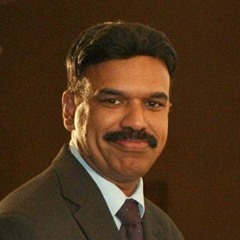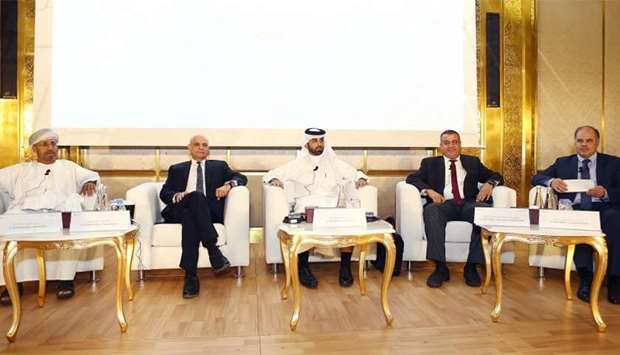The blockade on Qatar will strengthen the economy in the long run as it happened in the case of sanctions against Iran, a Qatar University (QU), Brookings Doha Centre seminar was told. The panelists highlighted that the cause of the present Gulf crisis is unknown as the blockading countries have neither provided any concrete proof against Qatar nor were able to convince the international community on any of their allegations against Qatar.
The forum also noted that the current crisis is the inability of the GCC in solving their differences internally.
The seminar 'The Gulf Crisis and the Region', held at Sheraton Doha, discussed the blockade imposed on Qatar by Bahrain, Egypt, Saudi Arabia and the UAE and its impact on the region’s security and stability as well as its socio-economic growth.
The panelists at the seminar were Dr Nayef bin Nahar Alshammari, QU College of Sharia and Islamic Studies associate dean for research and graduate studies; Dr Shafeeq Ghabra, a professor of political science at Kuwait University; Dr Nader Kabbani, director of research at Brookings Doha Centre; and Dr Ibrahim Fraihat, associate professor at Doha Institute for Graduate Studies. The seminar was moderated by Dr Abdullah Baabood, director, QU Gulf Studies Centre. Attendees included QU president Dr Hassan al-Derham, politicial leaders, prominent figures, and a large number of academics, researchers, and representatives of several organisations, as well as QU faculty, staff and students.
The seminar had four topics for discussion namely, 'The impact of the Gulf crisis on the Gulf Co-operation Council’s system', 'The economic impact of the Gulf crisis on the region', 'The impact of the Gulf crisis on the Gulf region’s system' and 'The impact of the crisis on the Gulf region’s stability and security'. Each panelist described one of the topics. “The crisis will strengthen the economy of Qatar as it happened in the case of Iran due to the sanctions against it. Qatar will be able to boost its economy in the long run in several ways due to the ongoing blockade," Dr Kabbani pointed out.
According to Dr Kabbani, "The economic aspects of the crisis not only have political implications, but economic costs across all parties. This crisis draws attention away from impending strategic, economic, and security challenges that need diplomacy between the countries involved in order to find long-term resolutions”.
“The cause of the present Gulf crisis is unknown though Donald Trump in the White House may have been an influence,” said Dr Ghabra.
“During this crisis, we have realised that there will be no future for the GCC without having a proper mechanism to solve crisis with effective involvement of people. From my perspective, it is not logical when we revisit the crisis to say that Al Jazeera is the reason behind this crisis. Putting an end to the Gulf crisis should be in accepting Qatar's independent role in the GCC, such as Oman's role,” said Dr Ghabra.
Dr Alshammari said, “The GCC countries have not agreed on specifying their enemy which causes security conflict between them. There is no clear definition of security among the GCC countries. The biggest mistake that GCC countries committed during this crisis is not solving the conflict within the GCC house. Shifting the conflict from local to international level helps escalating the crisis in a negative way."
Dr Fraihat noted that, “During the past years and since the invasion of Kuwait, the Gulf region depends on one component of security; the existence of the US. Now, we have different and multiple providers of security, which have their own interests and agenda. This situation has its own threats and challenges and GCC leaders should be aware of the consequences of this situation before we turn the region into a battlefield due to conflict of interests.”




